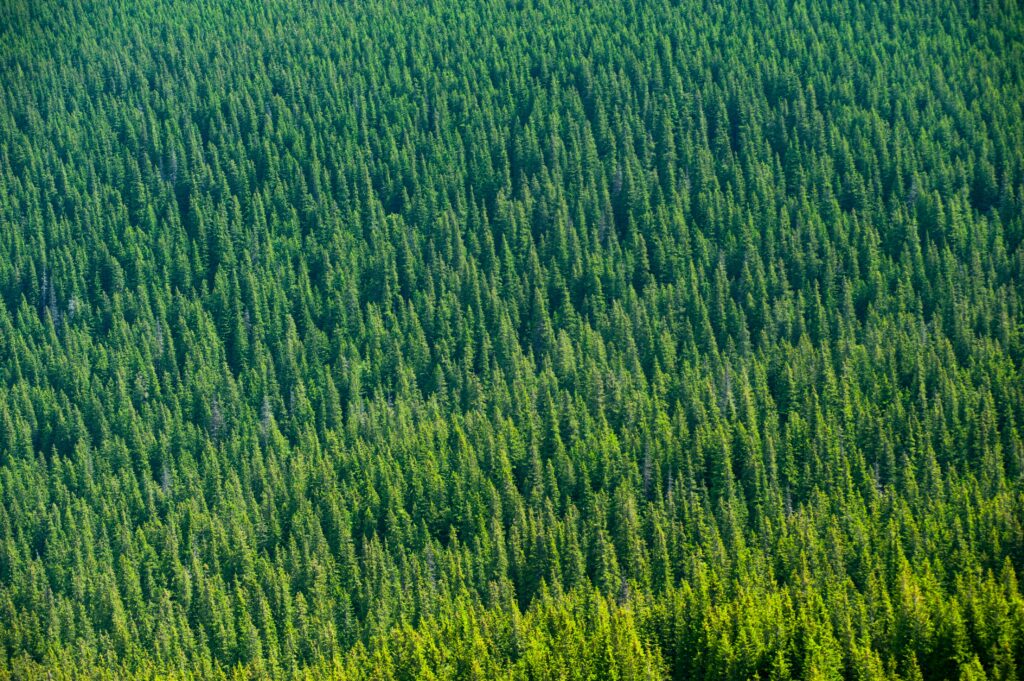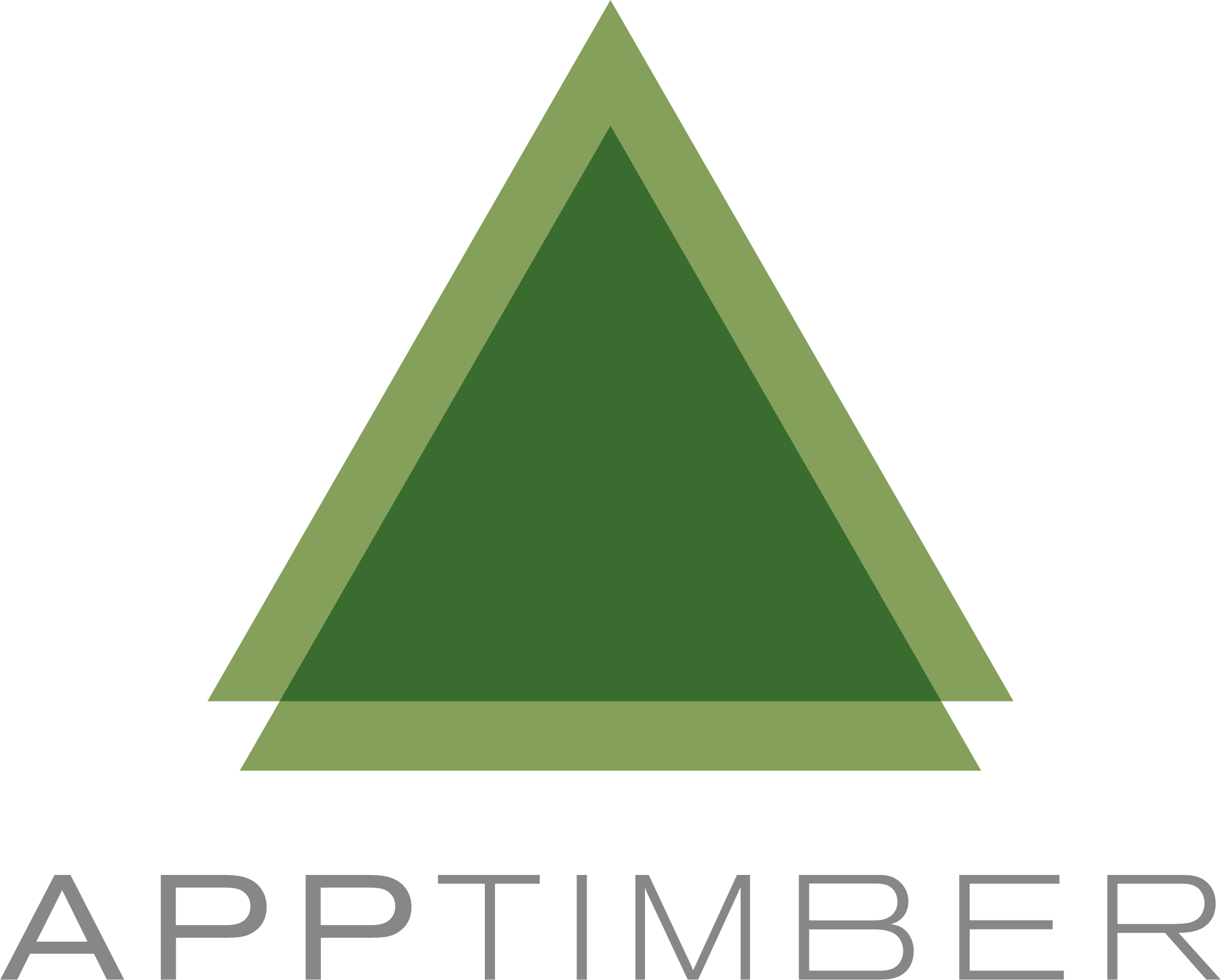
Why is the supply of FSC 100% certified softwood sawn timber limited?
Sourcing FSC 100% certified Pine sawn timber from South America or New Zealand would have been fine a few years back. Most forest owners were keen to have their plantation forests certified.
Unfortunately, this has changed. Nowadays, most suppliers offer non-FSC or, at best, FSC Mix resources. We asked a few of our regular supplying partners about the cause of this actual limitation and received the following replies.
Supply: it is almost impossible for a sawmill to purchase all logs from FSC 100% certified forests. It takes time and resources to obtain FSC certification, and some pine forests may not meet the strict criteria for certification. This forces most mills to cover some of their raw material needs from non-certified forests.
Logistics: for some, it is too much hassle to keep FSC-certified logs separate from non-certified logs as it requires extra work, space, and additional administration to comply with FSC standards.
Cost: maintaining FSC 100% comes at a price, making FSC 100%-certified products less competitive in the marketplace, particularly if consumers are not willing to pay the premium for FSC 100% and are willing to accept FSC Mix-certified products.
EUTR/EUDR: interestingly, the increased requirements to meet the EU standards reduce the demand for FSC-certified products. A good example is Indonesia, which exports mostly SLVK-verified products but far less FSC since 2013.
Ultimately it all comes down to the bottom line. The current premium of about 5% for FSC 100% does not cover the certification cost. Consequently, only some supply chain parties will be willing to invest in FSC 100% material.
